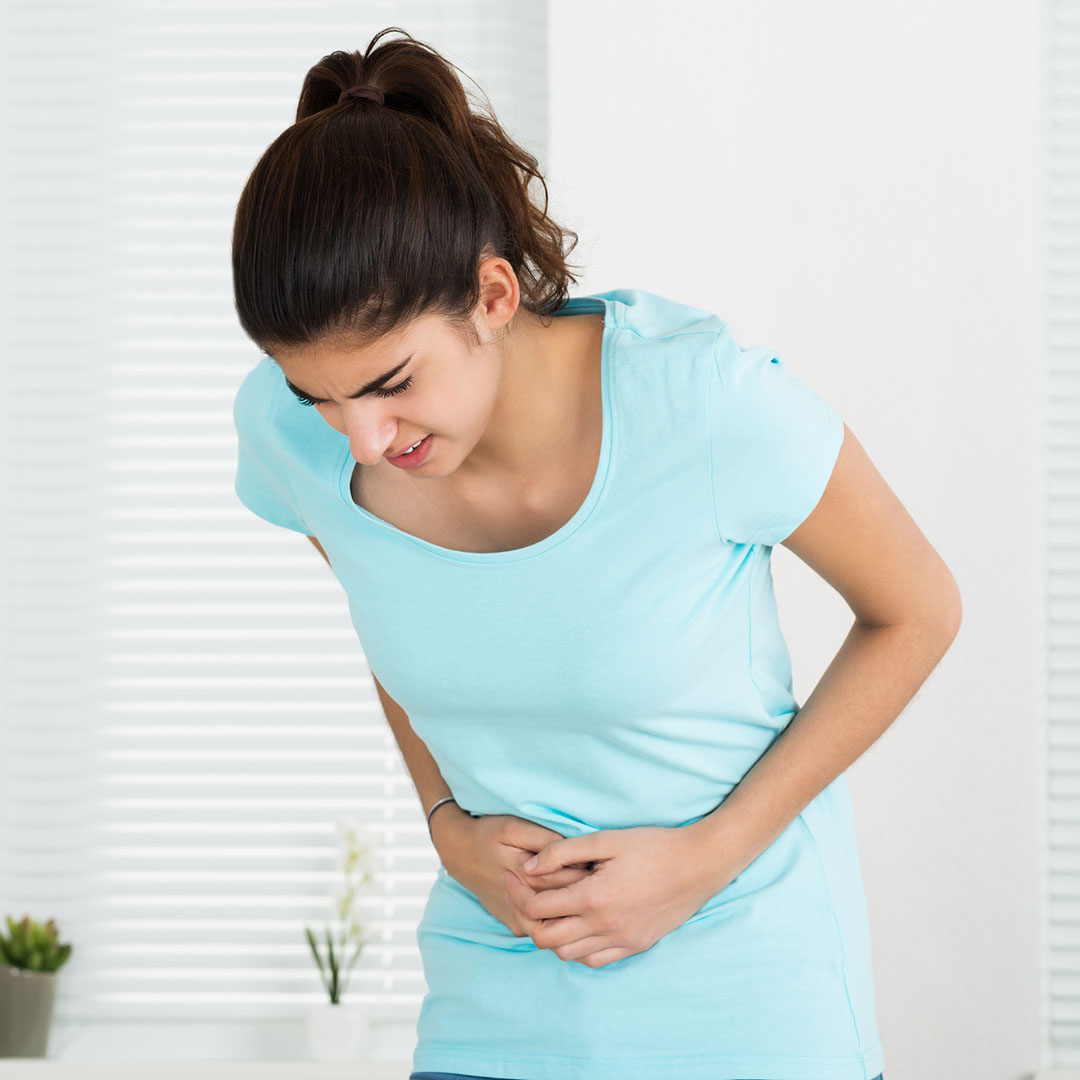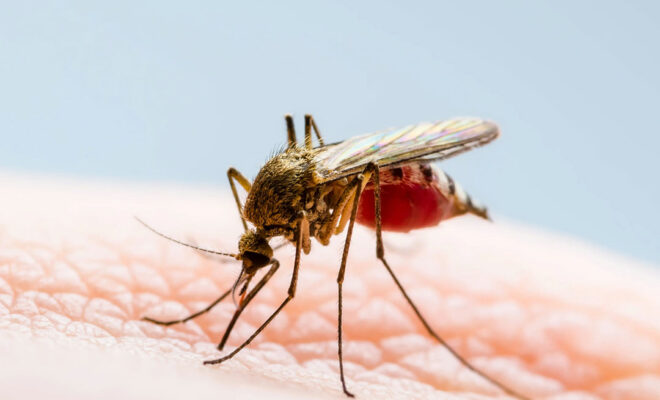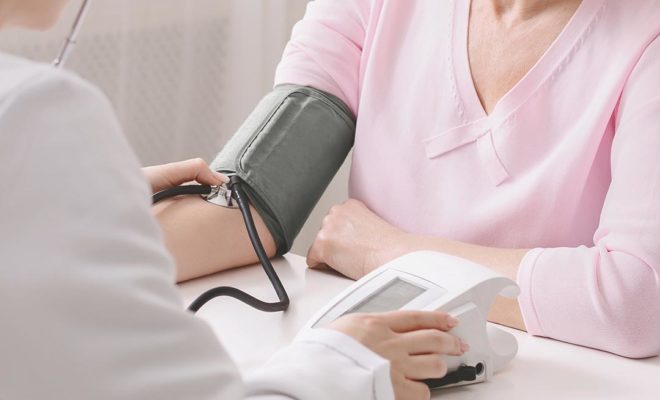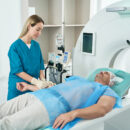What is gastritis? How Is It Treated?

Gastritis is a general term for a group of conditions that have a common characteristic: Inflammation of the lining of the stomach, Inflammation of gastritis is often the result of an infection by the same bacteria that causes most stomach ulcers, or the regular use of certain pain relievers. Drinking too much alcohol can contribute to gastritis.
Gastritis; It is divided into two groups as sudden onset (acute gastritis) or gradual onset over time (chronic gastritis). In some cases, gastritis can lead to an increased risk of ulcers and stomach cancer. For most people, however, gastritis is not severe and can improve quickly with treatment.
Symptoms :
Signs and symptoms of gastritis include:
- Pain in the upper abdomen that gets worse when eating, or gnawing and burning pain that isn't too bad, or indigestion.
- Nausea.
- Vomiting.
- A feeling of fullness in the upper abdomen after eating.
Gastritis does not always show signs and symptoms.
In general, everyone experiences indigestion and stomach irritation. Most cases of indigestion are short-lived and do not require medical care. If you have signs and symptoms of gastritis for a week or more, you should definitely consult your healthcare provider. If you have severe pain, vomiting that you cannot hold back any food, or feel dizzy, seek medical attention immediately. If you have stomach discomfort after taking prescription or over-the-counter medications, especially aspirin or other pain relievers, contact your doctor immediately.
Causes: Gastritis is inflammation of the stomach lining. Weakness or injury to the mucus-lined barrier that protects the stomach wall can cause digestive juices to damage and inflame the stomach lining.
Risk factors: Factors that increase your risk of gastritis include:
- bacterial infection; Although Helicobacter pylori infection is one of the most common human infections worldwide, only some people with the infection develop gastritis or other upper gastrointestinal disorders.
- Regular use of pain relievers, commonly used nonsteroidal anti-inflammatory drugs (NSAIDS), such as ibuprofen (Advil, Motrin IB, others) and naproxen sodium (Aleve, Anaprox DS), can cause both acute gastritis and chronic gastritis.
- Older adults are at increased risk for gastritis, as the stomach lining tends to thin with age, and older adults are more likely to have an H. pylori infection or autoimmune disorders than younger people.
- Severe stress due to excessive alcohol use, stress, major surgery, injuries, burns or serious infections can cause acute gastritis.
- cancer treatment;
- It is more common in people with other autoimmune diseases such as autoimmune gastritis, Hashimoto's disease, and type 1 diabetes. Autoimmune gastritis can also be associated with vitamin B-12 deficiency.
- Other diseases and conditions; Gastritis can be associated with other medical conditions such as HIV/AIDS, Crohn's disease, celiac disease, sarcoidosis, and parasitic infections.
Treatment
Treatment of gastritis depends on the specific causes. Acute gastritis caused by non-steroidal anti-inflammatory drugs or alcohol can be relieved by discontinuing the use of these substances.Medications used to treat gastritis include:
- To kill the H. pylori bacteria in your digestive system, your doctor; He may recommend a combination of clarithromycin (Biaxin XL) and an antibiotic such as amoxicillin (Amoxil, Augmentin, others) or metronidazole (Flagyl). Make sure you take the full prescription of antibiotics, usually for 7 to 14 days, along with the medicine to inhibit acid production.
- Drugs that inhibit acid production and promote healing, proton pump inhibitors, reduce acid by blocking the action of the acid-producing parts of the cells.
These drugs are available with or without a prescription: omeprazole (Prilosec), lansoprazole (Prevacid), rabeprazole (Aciphex), pantoprazole (Protonix), and others.
- Medications that reduce acid production: Acid blockers, also called histamine (H-2) blockers, reduce the amount of acid released into your digestive tract, which relieves gastritis pain and promotes healing. Prescription or over-the-counter acid blockers include famotidine (Pepcid), cimetidine (Tagamet HB), and nizatidine (Axid AR).
- Drugs that neutralize stomach acid; your doctor may add an antacid to your medication regimen. Antacids neutralize existing stomach acid and have quick pain relief effects. Side effects; may include constipation or diarrhea, depending on the main ingredients.
- Antacids help relieve symptoms instantly, but they are not usually used as a primary treatment. Proton pump inhibitors and acid blockers are more effective and have fewer side effects.
Dr. Ali Al Sahli
Elite Hospital Emergency Service
Contact Us For Appointment:
Telephone line: 0392 444 3548 (ELIT)
Contact Form: https://www.elitenicosia.com/iletisim/

















